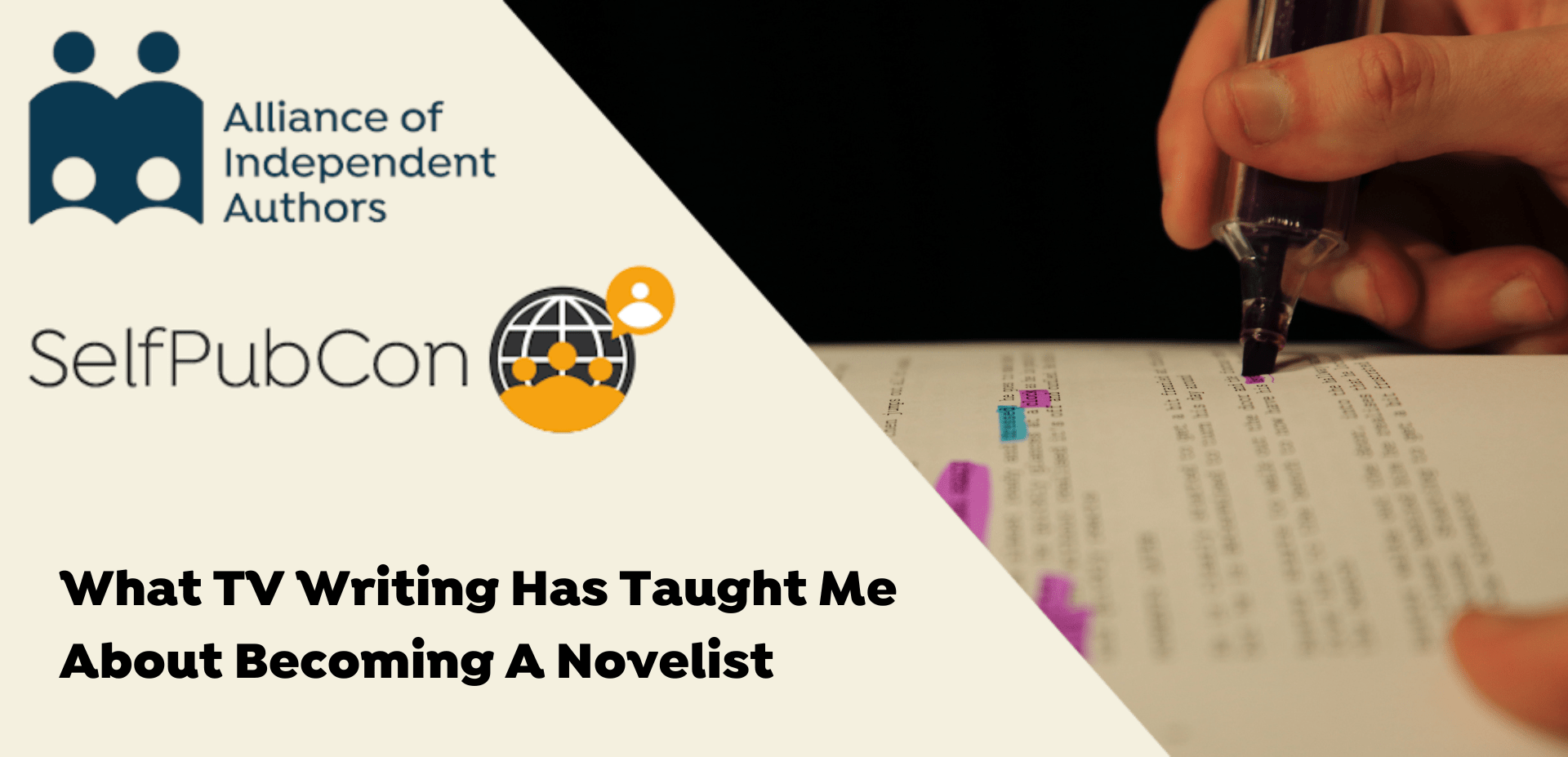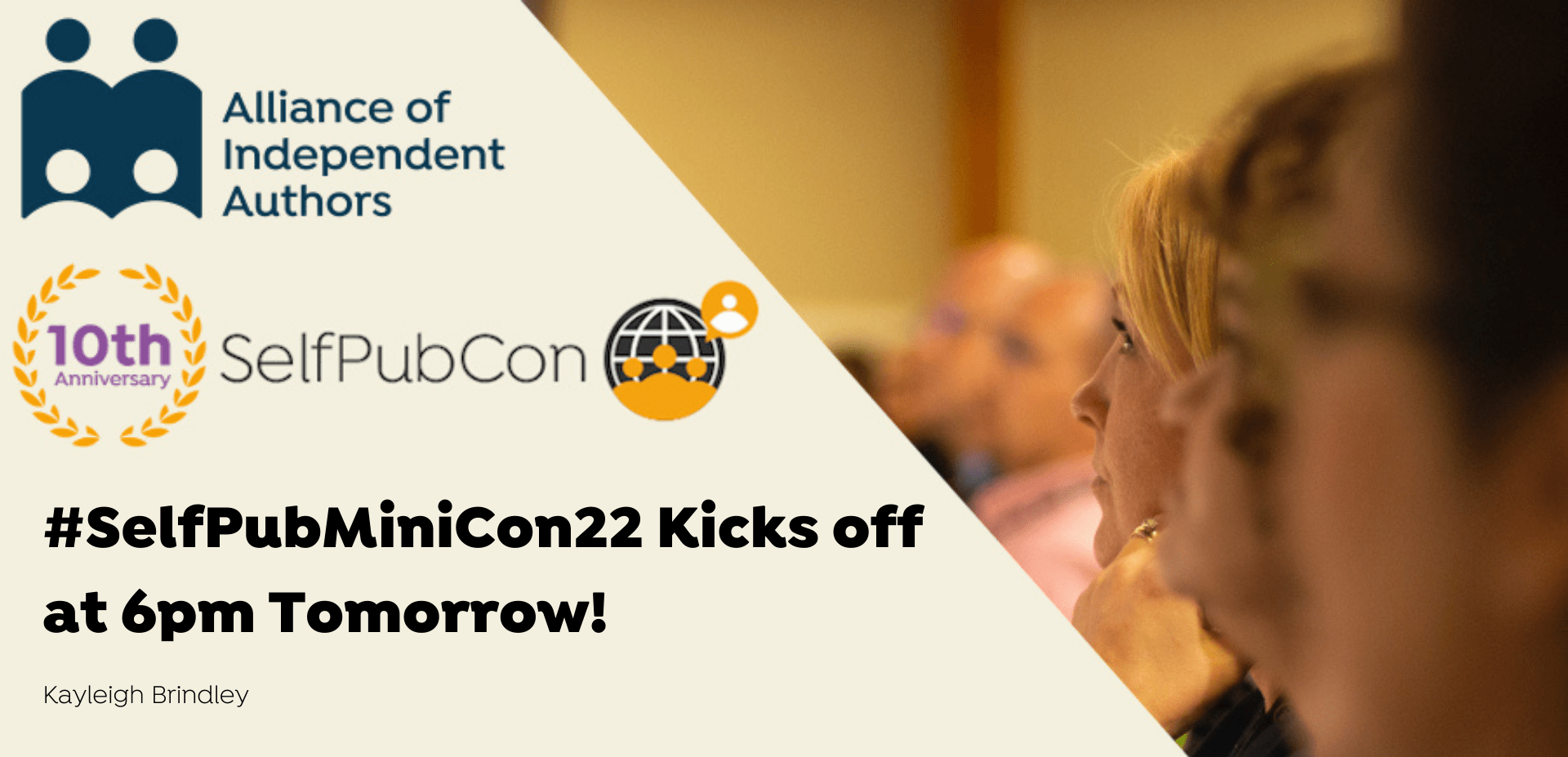
What TV Writing Has Taught Me About Becoming A Novelist
 BBC Comedy writer and top writing coach Dave Cohen explains how to add funny to your fiction.
BBC Comedy writer and top writing coach Dave Cohen explains how to add funny to your fiction.
I’ve spent a lot of time in recent years worrying about writing novels.
All experience and most of my living for the last 40 years has come from thinking up single lines. Jokes to add to sitcoms, gags for TV panellists, songs of around 200 words. I mean, the 100 or so lyrics I wrote for Horrible Histories laid end to end would barely add up to the first six chapters of the first novel.
If I’m used to coming up with a joke every 10 to 30 words or so, how many am I going to need for an 80,000 word novel? Three thousand? Eight thousand?
Much of the anxiety remained during the writing and publication of the first book. I genuinely had no idea what I was doing.
The wisest heads in novel marketing tell you not to publish your first novel because it won’t be any good.
I recently read Boating For Beginners by Jeanette Winterson, which everyone tells you was her follow-up to Oranges Are Not The Only Fruit. I say “read”, but that implies I made it to the end.
It became obvious to me that it must have been written before that massively acclaimed and brilliant “first novel”. Why? Because, and you’ll have to trust me on this, it’s not that great. Teenage-diary level not-that-great. Yes it’s promising, but it’s where she gets all her learning out of the way so that “Oranges” can work as a proper story.
It wasn’t until I got to the end of the process of writing my second novel that I felt like I was starting to know what I was doing.
And I realised that writing novels isn’t that much different to writing for TV and radio. Writing funny novels, as a genre or part of another genre, what can you learn from the screenwriters?
1. ARISTOTLE IS YOUR GUIDE
Every story has a beginning, a middle and an end.
It’s such a simple notion, we forget that Aristotle was the first person to say it, and no one had articulated it so straightforwardly before him.
We start in a familiar world. A person is called to action. End of Act One. Act Two they fight battles and problems escalate until all is lost. One final action propels us out of Act Two and to resolution in Act Three.
That’s as true of Harry Potter as it is of the man who walks into a bar with a lump of cheese and a tomato between two slices of bread on his head. Harry leaves his familiar world and is called to action at Hogwarts. Towards the end of the story it looks as though he will lose, but one final action helps him resolve the story. Eight times.
Meanwhile the barman is called to action by the arrival of Bread Head. In Act Two he orders the man to leave but Loafy refuses and asks "why?", an all is lost moment for our barman. He resolves the story by telling said bread-and-cheese wearer “we don’t serve sandwiches.”
Harry Potter and the Order of the Phoenix is more than 250,000 words. The man walking into the bar joke is under 30.
The only difference between JK Rowling and the fat bloke from the 1970s in the frilly shirt telling that joke on TV is that the latter has a more powerful editor.
2. YOU DON’T NEED AN AGENT
“How do I get an agent?” is the question I hear more often than most in the world of TV writing. I’m also hearing it in the publishing world. The answer is the same – if there’s someone specific you have in mind, chances are they’re already too busy to take you on.
If you think it’s hard getting an agent to read your full-length tome, let alone the first 5000 words, I can assure you it’s equally impossible to find anyone prepared to sit down with your 30-minute sitcom script, or even watch your 45-second Tik Tok sketch.
I love reading books, I reckon I’m at the high end of the novel reading spectrum, if I can get through 30 novels in a year I consider that a result. These days there are single authors who’ve written that many alone.
Now imagine you’re a literary agent, already struggling to persuade risk-averse publishers to hold onto your solid but underperforming mid-list authors. How high up the slush pile are you going to put a manuscript from an unknown writer with no previous form or recommendations?
Whatever your field, remove one word and ask: “Do I get an agent?” The answer is yes, but only when your self-published novel is selling well, or your short videos are winning a big audience on social media. At that point, you’re the one who’s doing the choosing.
3. IT’S A LONG LEARNING PROCESS
The first sitcom script I “sold” was around the 15th I wrote. That result came eight years after I’d attempted my first one. When I wrote that first one I had already achieved some success as a script and joke writer, and it still took me another 14 attempts.
For some reason when I decided to write a novel I forgot that.
What made me think I could transition smoothly from one form to the other? What made me think that my modest success with the 5,000 word script could translate with ease to something 16 times as long?
The kind of language we need to describe action in our scripts is very different to what’s needed in novels. The mantra of “show don’t tell” in the world of novel writing means you have to paint a picture summoning all your writing talents.
It works the other way too. The gloaming half-light may well mirror the dread of your protagonist as they reflect on yesterday’s discomfiting family quarrel, but none of that’s any use outside of novel writing. All the information our TV writer can give us without dialogue is that it’s almost dark and your protagonist is looking nervous.
No one ever sold a copy of their screenplay in WH Smith.
4. EVEN THE ONE BIG DIFFERENCE IS A SIMILARITY
Much of the advice I’ve suggested to comedy writers over the years has been about the importance of learning to live with rejection.
Very little gets made. TV, movie, publishing and radio budgets have been shrinking since the last great recession of 2008.
What if rejection was no longer an obstacle? What if you could write something without having to go through the Lengthy Process of Wildly Fluctuating Optimism and Despair that is TV Development?
Here is the answer to every snubbed comedy writer’s dream: Self-Publishing. Subject to the financial caveats mentioned in the previous chapters, there is almost nothing stopping you from writing that funny book.
If you want to write a novel, go ahead. It’s so much easier than getting something made for broadcast.
Since there’s no exam you can take or metric by which to measure how good you are as a novelist, you can write, market and publish your own book. The internet and AI have freed up many with digital and marketing nous to publish their own works, me included.
That’s no guarantee that what has been written is any good. As I said before, gatekeepers are there for a reason.
Let’s take a journey in this world I never dreamed in 40 years of comedy writing could exist. A world where “I’ve got an idea” becomes “I’ve published a book” with only the bank manager standing in your way. Although you can swipe even them to one side with a flick of your credit card.
Instead of a 30 page script, that you’re hoping will be read by a dozen producers, one of whom will commission you to write a second episode, you are holding a solid book in your hand, that can be read and understood by anyone.
I have the same question in both cases: is it brilliant?
Have a few people read it and told you that it’s brilliant? Not just good, or very good, or that they really like it? If the answer’s no, I’m afraid you’re both in the same place.
You still have to become a better writer.
Read my free guide: The Idiot’s Journey - How I Moved From TV Writer to Novelist in Just 40 Years, and How You Can Get There Sooner.
Join Dave and comedian and best-selling author Tony Hawks on Tuesday 7 November in London to learn How To Write Your Funny Book:



